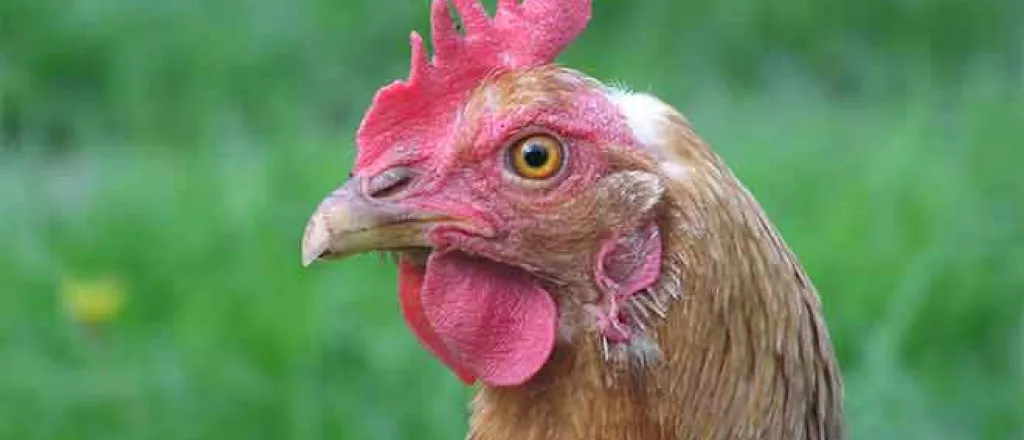
From big farms to smaller producers, tracing the bird flu impact
(Iowa New Service) At least two dozen states are seeing the bird flu virus quickly spread through commercial flocks on poultry-producing farms.
Iowa is at the center of it all, with renewed focus on potential stress for smaller producers and the role of factory farms. State and federal officials say nearly a dozen Iowa counties have seen outbreaks on farms.
Celize Christy, beginning farmer education coordinator for Practical Farmers of Iowa, which educates producers on making their land more resilient, said while an outbreak within a smaller flock might not have the same ripple effect as a larger farm, it still poses challenges.
"They have a bird that test positive, and then they have to cull all of their flock," Christy explained. "That turnaround is just much more of a detriment because they're starting all over again, as opposed to having, you know, 'Maybe I'm a larger producer and I have four or five barns.' "
Ag experts confirmed the virus has led to higher prices for products such as eggs. Christy noted for smaller producers, there is a potential effect on what they sell at places such as farmer's markets.
Nationally, other groups cite the impact of corporate farms and the need to limit concentrated animal feeding operations. Industry leaders insist large facilities are well-shielded from wild birds carrying the virus.
Department of Natural Resources officials in affected states pointed out the spread is linked to wild birds, such as ducks and geese.
Patty Lovera, policy adviser at the Campaign for Family Farms and the Environment, said the nation has become too reliant on factory farms, which can be all it takes is for a virus to slip through and wreak havoc.
"We are putting so many animals often that are genetically identical together in one place," Lovera observed. "The disease just runs through very quickly and does a tremendous amount of damage."
Christy added while producers in Iowa with smaller flocks might be more susceptible to an outbreak, they are taking the threat seriously.
"Our farmers are just as vigilant as a lot of the large producers and even more so, because many of our farmers have their animals either out on pasture or grazing," Christy emphasized. "But that's not to say that our farmers aren't taking their own precautions."
















